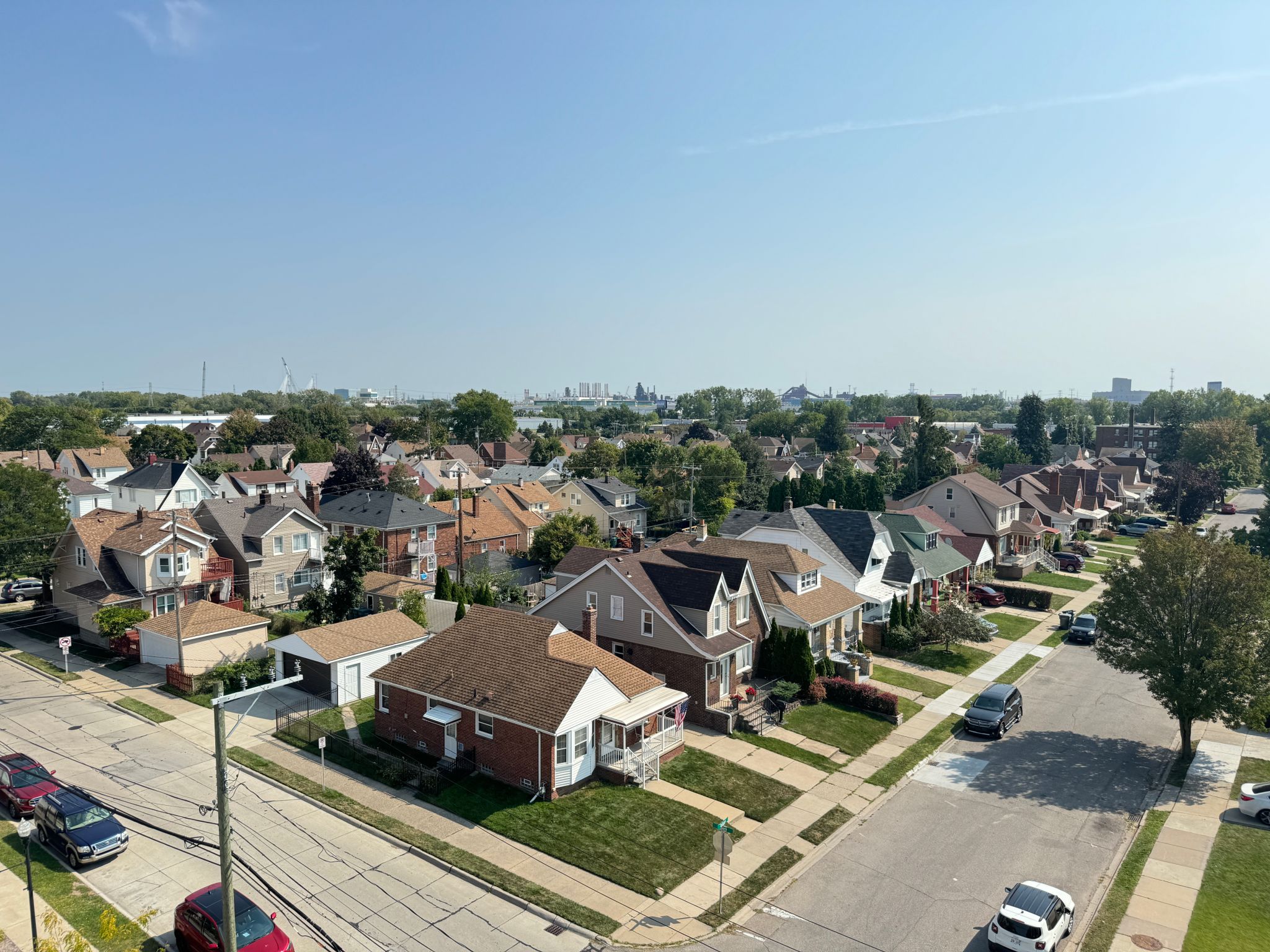5 Common Misconceptions About Real Estate Development Debunked
EC
Misconception 1: Real Estate Development is Only for the Wealthy
One of the most common misconceptions about real estate development is that it's an exclusive domain reserved for the wealthy. While having substantial capital can certainly provide an advantage, real estate development is accessible to a broader range of investors. Many developers start small, working on modest projects and gradually scaling up as they gain experience and financial backing. Additionally, there are numerous financing options available, such as joint ventures and crowdfunding, which allow individuals with limited resources to participate in real estate development.

Misconception 2: Development Projects Always Involve New Construction
When people think of real estate development, they often envision new buildings sprouting up in urban areas. However, development extends beyond new construction. It also includes redevelopment, the process of improving existing structures. This can involve renovations, upgrades, or repurposing properties for new uses. Redevelopment projects can be more sustainable and cost-effective, offering opportunities to breathe new life into old properties.
Misconception 3: It's a Quick Way to Make Money
Another widespread belief is that real estate development is a quick way to amass wealth. While successful projects can indeed yield substantial returns, the process is far from instantaneous. Real estate development involves multiple phases, including planning, acquiring permits, construction, and marketing. Each phase can present unique challenges and delays. Developers need to exercise patience and strategic planning to navigate the complexities and achieve profitable outcomes.

Misconception 4: Developers Have Total Control Over Projects
Many assume that developers have complete control over their projects from start to finish. In reality, developers must collaborate with a host of stakeholders, including architects, contractors, local government bodies, and community members. Each group brings its own set of requirements and expectations, and developers must balance these to ensure project success. Effective communication and negotiation skills are essential in managing these relationships.
Misconception 5: Development Harms Communities
A common critique of real estate development is that it disrupts communities and leads to gentrification. While poorly planned projects can have negative impacts, many developers prioritize sustainable practices and community engagement. By involving local residents and considering their needs, developers can create projects that enhance neighborhoods. Thoughtful development can lead to improved infrastructure, increased property values, and enhanced quality of life for residents.

In conclusion, while real estate development might seem daunting due to these misconceptions, a closer look reveals a more nuanced picture. By understanding the realities behind these myths, potential developers and community members can better appreciate the opportunities and challenges within the industry. With informed strategies and collaborative efforts, real estate development can be a rewarding endeavor that benefits individuals and communities alike.